Skin sensitivity issues trouble many people, with skin that used to resist external irritants now becoming extremely fragile. It seems that even with a slight lack of attention, the skin can become itchy, painful, or red. So, is skin sensitivity the same as skin allergies? What should be taken into consideration for daily skincare for sensitive skin, and what cosmetics are suitable to use? Today, let’s discuss the selection of cosmetics and skincare precautions for people with sensitive skin.
Differentiating Sensitivity from Allergies:
Skin that easily experiences discomfort when exposed to regular stimuli (without showing abnormal sensations in normal conditions) is typically referred to as sensitive skin. Sensitive skin and skin allergies are different. Sensitive skin manifests as a sense of discomfort (including tingling, burning, pain, itching, and pricking) when subjected to common stimuli, and the appearance of the skin can either be normal or accompanied by redness. On the other hand, skin allergies result from contact with specific substances, leading to skin reactions such as redness, exudation, and itching. The substances causing skin allergies can be detected through patch tests, whereas the reasons behind skin sensitivity can be more complex. Improper skincare habits, beauty practices, and the use of unsuitable cosmetics are significant factors contributing to skin sensitivity.
Three Skincare Precautions:
Compared to individuals with normal skin barrier function, those with sensitive skin are more sensitive to cosmetics, UV radiation, and other external stimuli. Therefore, extra care should be taken to avoid irritation during skincare and beauty routines.
Firstly, excessive cleansing should be avoided. While cleansing the skin is essential, cleansing the face once in the morning and once in the evening is sufficient. Excessive cleansing can be harmful to the skin. Some people worry about makeup residue and tend to repeatedly cleanse their faces after makeup removal. Others may think that their skin produces too much oil, so they frequently wash their faces to reduce facial oiliness. Some people excessively use exfoliating products to pursue smoother skin. These excessive cleansing practices can damage the skin’s stratum corneum and the skin barrier function, leading to or aggravating skin sensitivity issues.
Secondly, excessive skincare routines should be avoided. The market is filled with various cosmetic products, such as cleansers, toners, lotions, essences, creams, eye creams, sunscreens, primers, foundations, etc. Some people believe that they need to use all of these products during each skincare routine, and some even apply facial masks multiple times a day to achieve hydrated skin. In reality, the more cosmetic products applied to the face and the longer they stay on the skin, the higher the risk of skin irritation. Long-term excessive skincare may lead to chronic irritation from certain chemicals, causing contact dermatitis. Under such circumstances, it becomes challenging to distinguish whether the skin issues are due to sensitivity or allergies. Therefore, it is sufficient to select necessary cosmetic products for skincare routines, avoiding excessive skincare.
Lastly, post-care for laser treatments should be emphasized. In recent years, with the improvement of living standards and advances in science and technology, medical beauty treatments have become increasingly popular. Laser beauty treatments, in particular, can improve skin conditions in a short time and are highly favored by beauty enthusiasts. Laser beauty treatments utilize the photothermal effect of lasers to improve issues like facial redness, pigmentation, and wrinkles. However, they can also deplete the skin’s moisture and weaken the skin barrier function. Thus, after undergoing laser treatments, sufficient time should be given for the skin to recover. Some individuals neglect post-treatment skincare or are eager to pursue further cosmetic procedures without allowing their skin to fully recover. Over time, this can make the skin more sensitive. It is recommended to pay attention to moisturizing and sun protection for the skin within one month after laser
treatments and avoid repeating similar cosmetic procedures during this period.
Cleansing, Moisturizing, and Sun Protection Should Not Be Overlooked:
Skincare involves the use of cosmetics, and selecting the right cosmetics is crucial for individuals with sensitive skin. Appropriate cosmetics can help repair the skin and improve sensitivity, while unsuitable cosmetics may worsen skin sensitivity or even cause other skin issues. So, how should individuals with sensitive or unstable skin select cosmetics?
During periods of skin sensitivity, it is essential to ensure the basics of skincare, namely proper cleansing, moisturizing, and sun protection. If possible, physical methods of sun protection such as wearing hats or masks should be utilized to protect facial skin and reduce the use of sunscreen cosmetics. When choosing the three types of cosmetics mentioned above, pay attention to the following considerations:
Prioritize reputable brands with good reputations:
The brand of a product is an important factor to consider when choosing cosmetics. It is best to prioritize products from reputable brands with good reputations. Temporary internet-famous brands should not be the first choice, and products made by small workshops or homemade products should be carefully considered. Safety is of utmost importance when it comes to cosmetics. The production, storage, transportation, and other aspects of cosmetics can pose safety risks. Compared to small businesses and workshops, large manufacturers have more standardized product quality management and risk control, offering products with greater safety.
Select high-quality and hygienic makeup tools:
There are various makeup tools, and the ones that come into direct contact with the skin are makeup brushes and beauty sponges. Makeup brushes are essential for makeup application. If possible, choose brushes that are more skin-friendly. If you are allergic to certain animals, avoid brushes made from natural bristles. The bristles should be soft and not cause any stinging sensation on the skin. If there is glue to fix the bristles when you purchase a new makeup brush, make sure to clean off the glue before use. For sensitive skin, it is best to clean the makeup brush after each use and then disinfect and let it air dry. This helps to keep the tool clean. Some people prefer using beauty sponges to apply foundation. In this case, it is essential to buy sponges made from new materials and avoid cheap or unknown products. After use, remember to clean and disinfect the sponge promptly to avoid skin irritation.
Choose gentle cleansing products:
When the skin is sensitive, it is essential to use low-irritant cleansing products. Skin sensitivity is related to the impairment of the skin barrier function. Individuals with sensitive skin should choose mild cleansing products and avoid using products with strong cleansing abilities and exfoliants. Most gentle cleansing products do not produce excessive foam, and the skin feels less tight after use. Additionally, mild cleansing products often use non-ionic surfactants. Generally, in the ingredient list of a facial cleanser, the ingredients listed after “water” are the surfactants used in the product. You can search for the name of this ingredient online to see if it is a non-ionic surfactant, which can help determine the product’s mildness.
Moreover, some cleansing products contain fruit acids and salicylic acid-like ingredients, which have a mild exfoliating effect on the skin’s stratum corneum, resulting in smoother and brighter skin for normal skin. However, products containing these ingredients may not be suitable for sensitive skin. For sensitive skin, such products may cause irritation, leading to itching, redness, and the aggravation of sensitivity symptoms.
Use moisturizing repair creams containing ceramides.
When the skin is sensitive, selecting the right moisturizing cosmetics can likely “repair” sensitivity symptoms. Moisturizing products can protect the skin and promote the restoration of the damaged skin barrier function when the skin barrier function is impaired. Among the types of moisturizing products such as lotions, creams, and ointments, lotions have a relatively thin texture and less moisturizing power compared to creams and ointments. For sensitive and dry skin, it is advisable to choose highly moisturizing creams and ointments and avoid using lotions whenever possible. There is no need to use a lotion first and then apply a moisturizing cream simultaneously. Some moisturizing and repair cosmetics contain ingredients like ceramides, which promote the repair of the skin’s barrier function and are well-suited for sensitive skin.
Most of the ingredients in moisturizing cosmetics that may cause irritation to the skin are fragrances and preservatives. Some products use natural preservatives to replace synthetic preservatives, reducing the potential irritation to the skin. Additionally, certain moisturizing products have improved packaging, utilizing independent and sealed packaging to prevent product spoilage from repeated opening, thereby reducing the use of preservatives and minimizing the product’s potential irritability. These types of moisturizing creams are excellent choices for individuals with sensitive skin. Moreover, relevant regulations in our country are stringent regarding children’s cosmetics, and the ingredients used in children’s cosmetics pose lower risks. For sensitive skin, domestically produced children’s.
Moisturizing lotions are also a good option.
For sunscreen products, they generally tend to be more irritating to the skin compared
to moisturizing products. When the skin is sensitive, it is best to opt for physical methods of sun protection, such as wearing hats or masks to shield facial skin from direct sun exposure. In daily life, there is no need to choose sunscreens with excessively high sun protection factor (SPF). Using sunscreens with an SPF of 15 to 30 is sufficient, and there is no need for repeated application of sunscreen. For most sunscreen products, regular facial cleansers are sufficient for effective cleansing, and there is no need to use additional makeup removers.
Furthermore, for individuals with sensitive skin who must wear makeup, it is advisable to opt for a lighter makeup look and avoid using thick layers of makeup products. Frequent changes to makeup looks should also be avoided to prevent excessive cleansing, which could irritate the skin.
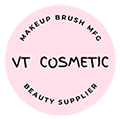

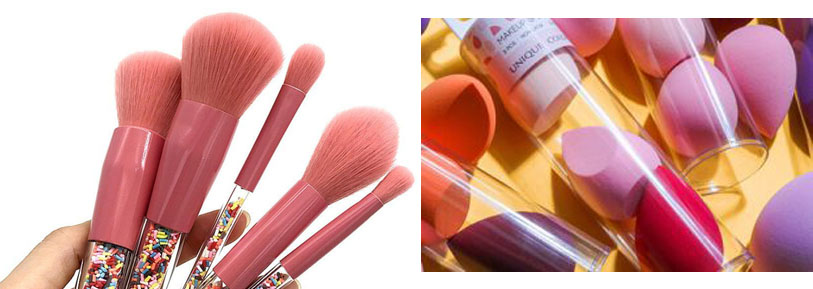
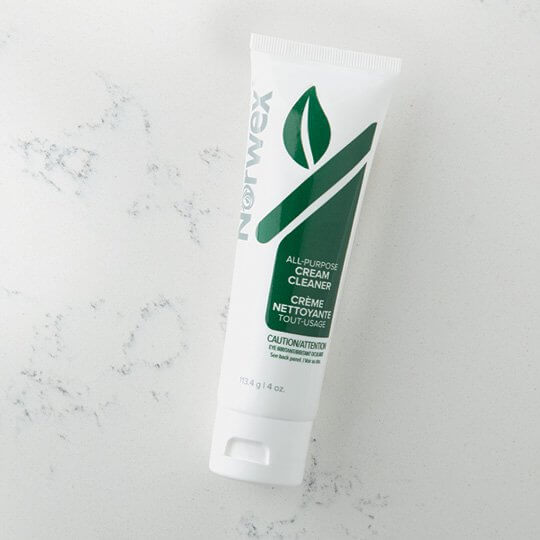
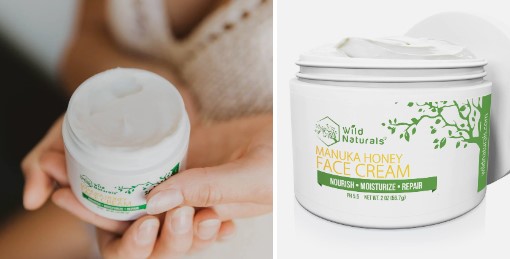
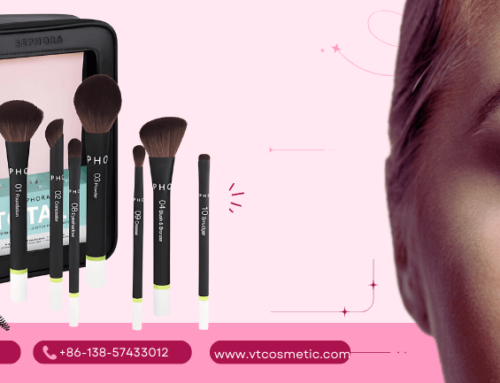
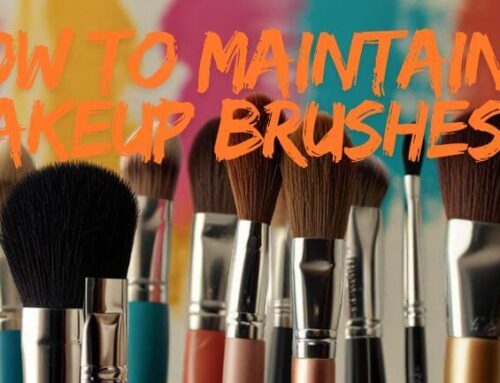


Recent Comments